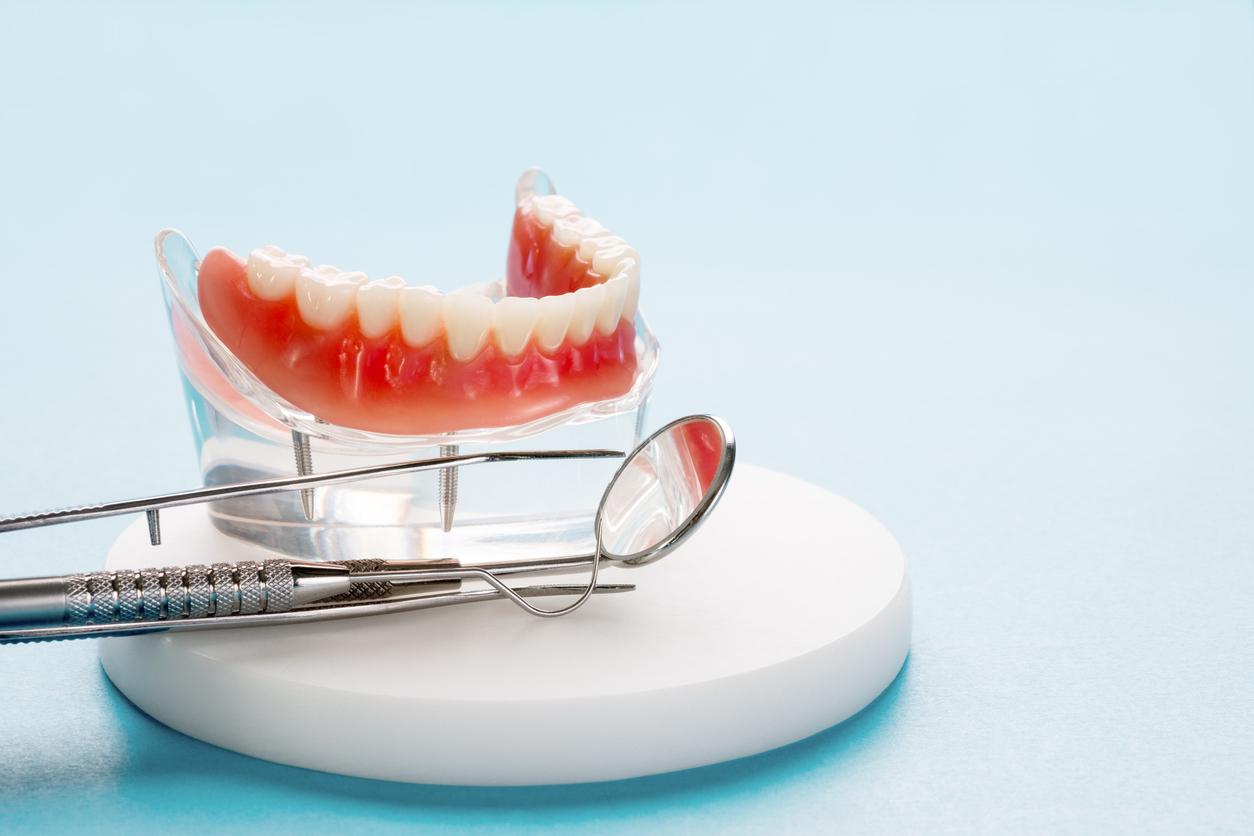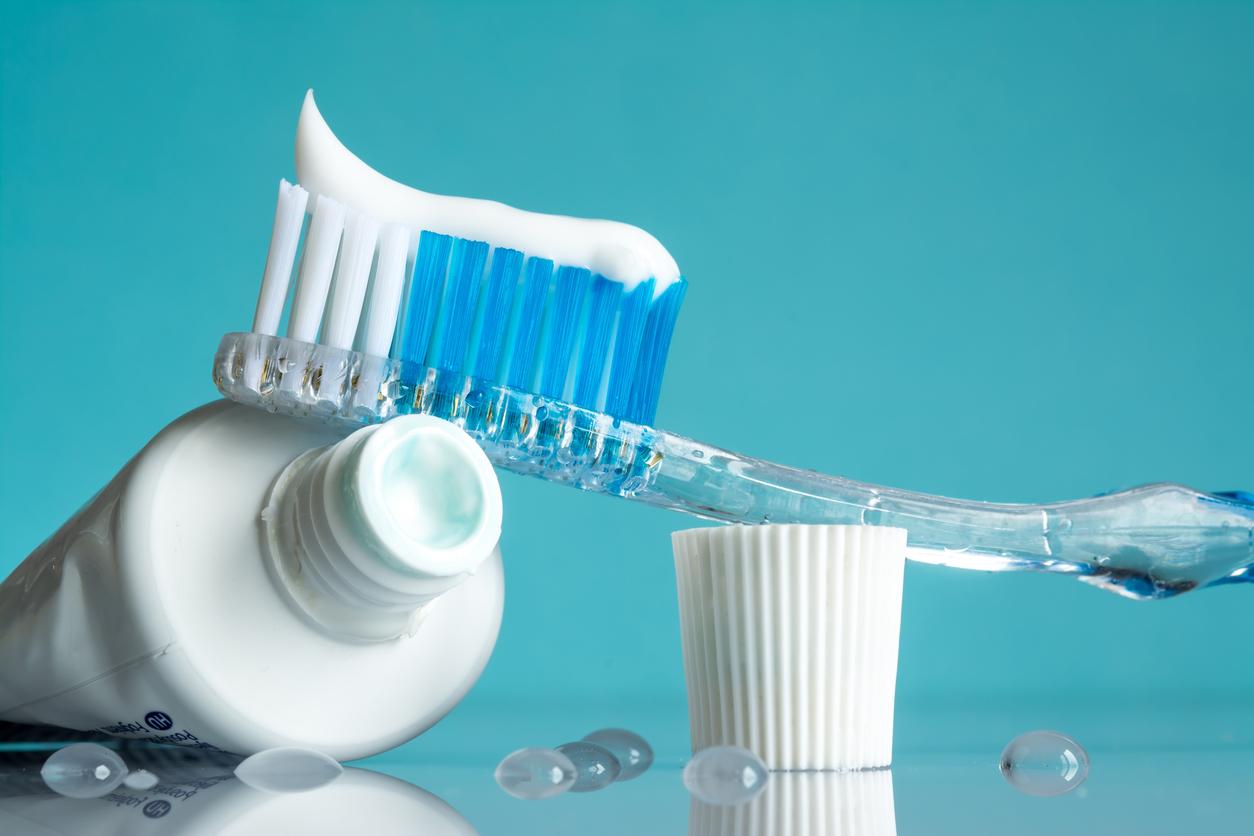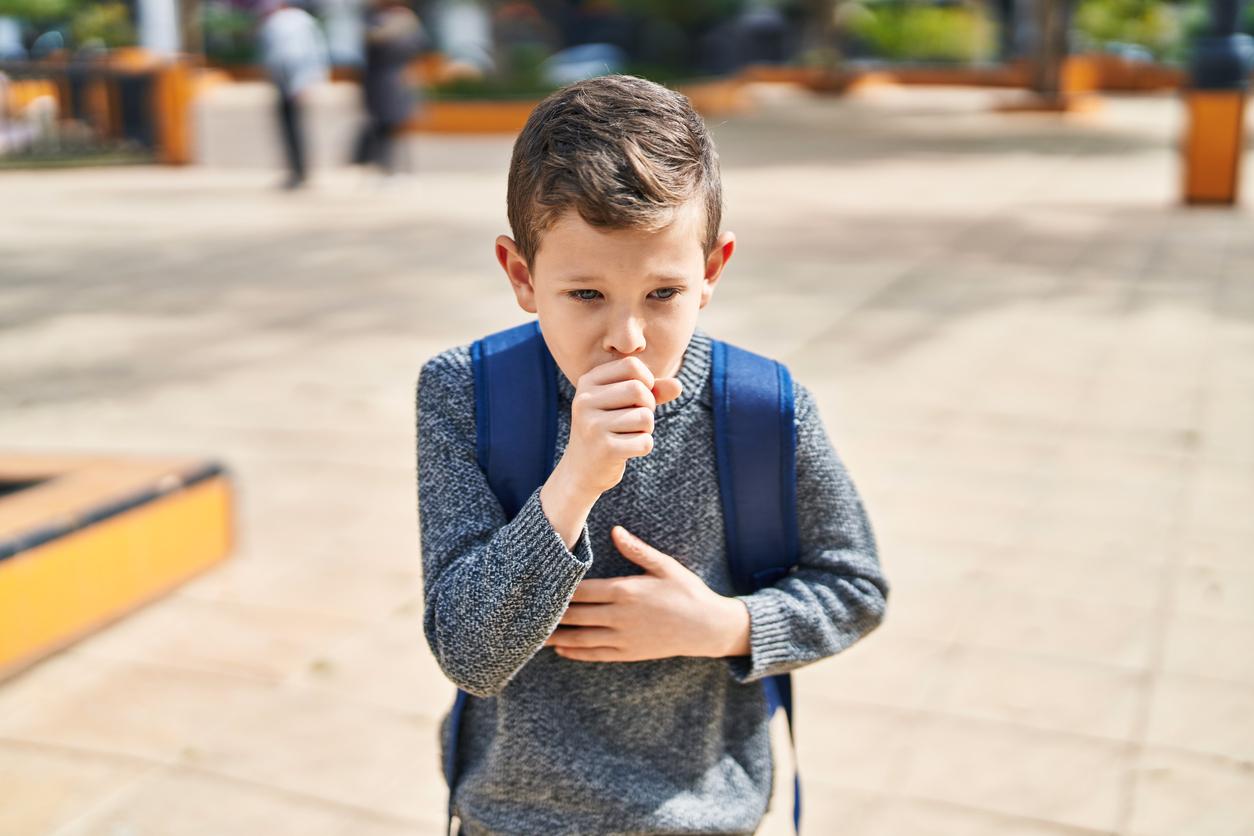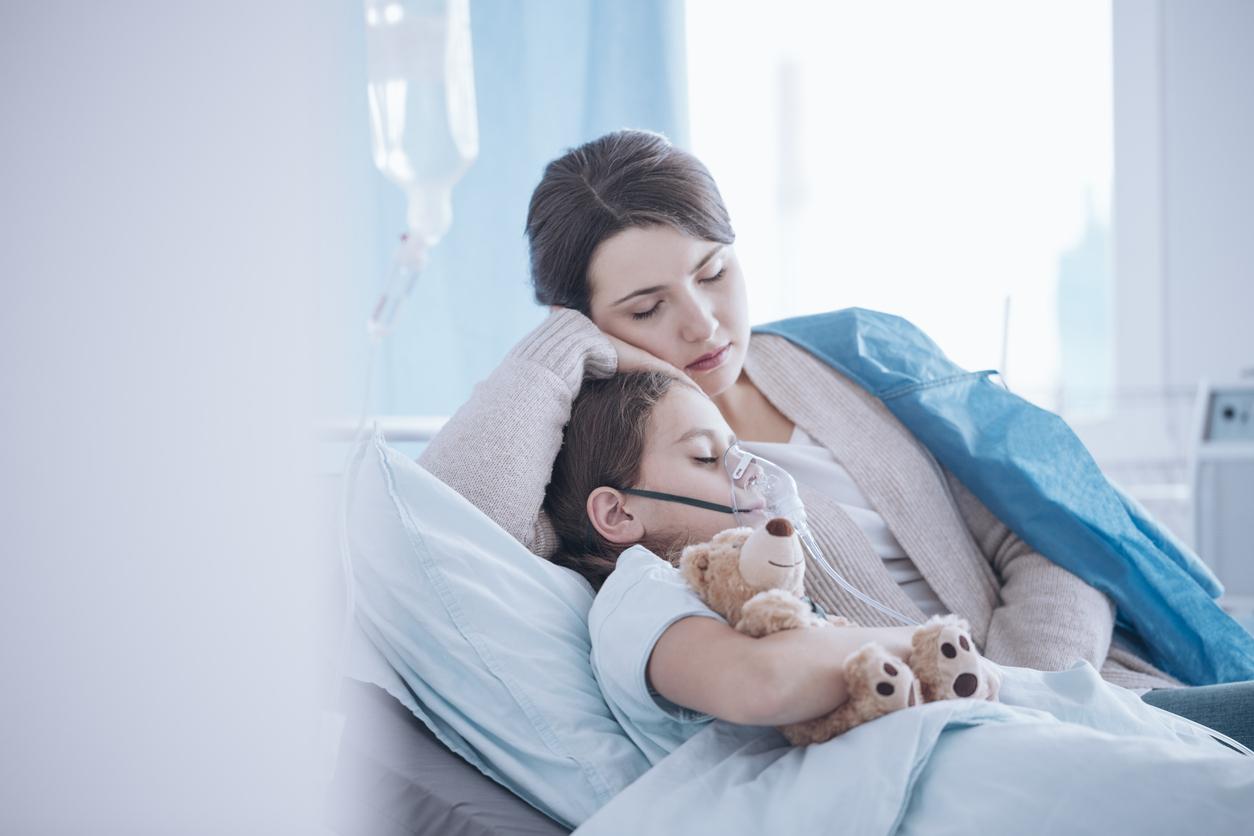March 23, 2004 – If I have a respiratory tract infection, is “drinking lots” still good advice? Not according to Dr. Chris B. Del Mar1 from the University of Queensland in Australia. On the contrary, he believes that swallowing water and other liquids in large quantities could, in some cases, prove to be dangerous. The results of his research have been published in the British Medical Journal.
According to the researcher, when people suffer from a serious respiratory disease, such as bronchitis or pneumonia, their body can secrete an antidiuretic hormone that causes fluid retention. “Therefore, if they drink extra liters of water or other liquids, they risk creating a ‘engorgement’ phenomenon with serious consequences,” says Dr Del Mar.
So why do we recommend (including doctors) to drink a lot when we are sick? It seems that it is an old idea, which would have been perpetuated to this day and which no one would have ever questioned.
Dr. Del Mar wanted to verify the validity of this widely accepted thesis in the population. With his collaborators, he looked for studies that had been done on the subject, but none existed.
However, he was able to find medical reports from people with respiratory infections, showing dangerously low levels of sodium in the blood, a condition that reflects overhydration attributed to abnormal water retention in the body.
In 31% to 45% of children with moderate and severe pneumonia, sodium was reduced. Four of these children, who had excessively low sodium levels, died. In contrast, in other cases, patients had been successfully treated with fluid restriction.
“These data suggest that increasing fluid intake in patients with respiratory tract infections may be harmful or even fatal,” concludes Dr Del Mar, who would like a randomized trial to clarify this popular belief for good. .
Aline Charest – PasseportSanté.net
According to Reuters.
1. Chris B Del Mar et al, “Drink plenty of fluids”: a systematic review of evidence for this recommendation in acute respiratory infections, British Medical Journal, 328: 449-500, 28, February 2004.















